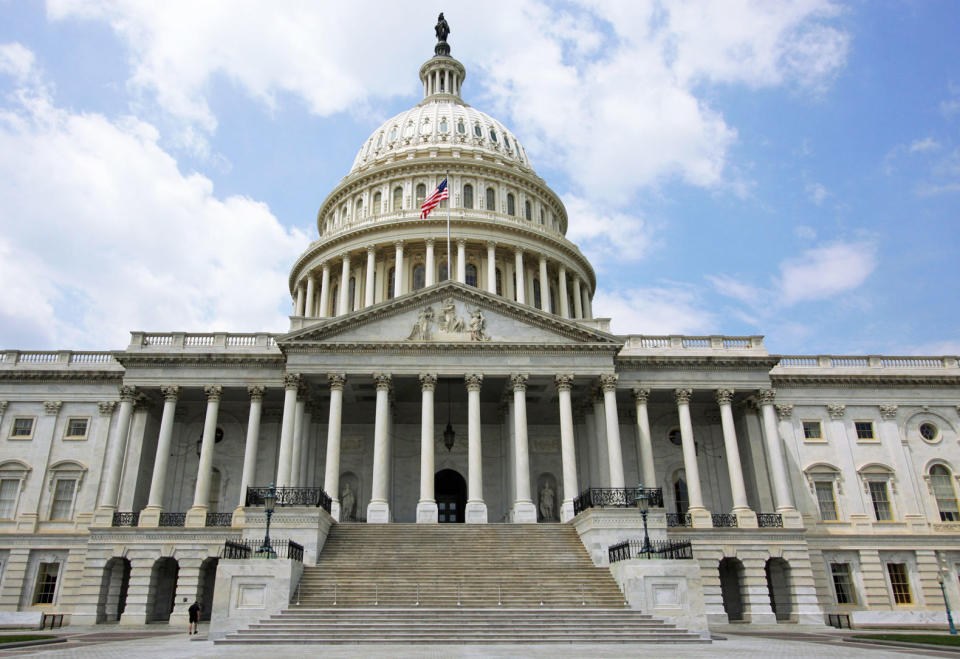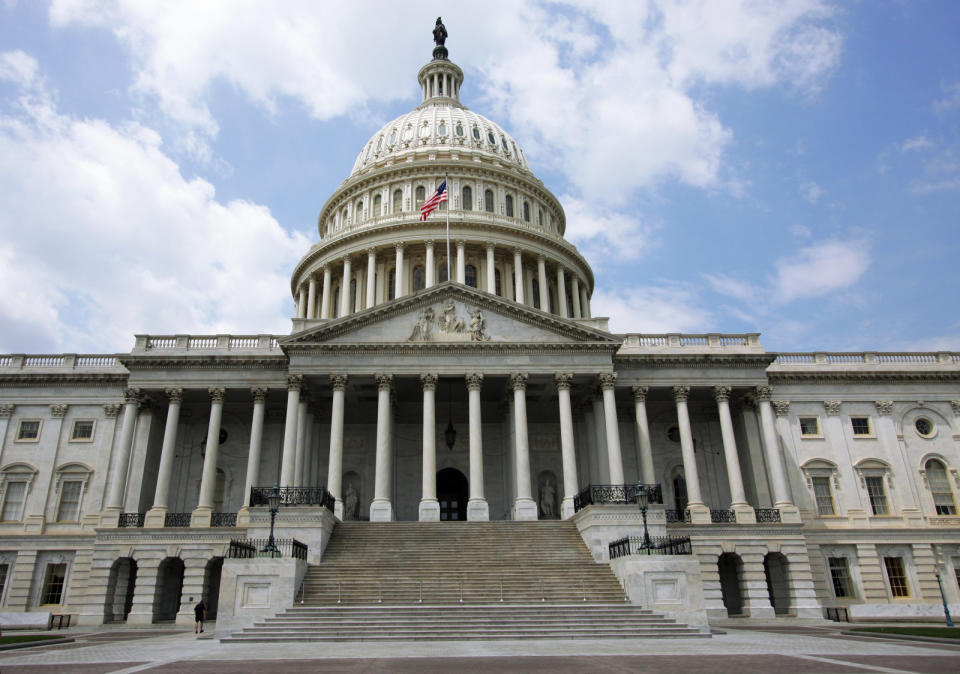US lawmakers are concerned about deepfake technology
Three Representatives have asked the intelligence community for information.
Three US Representatives have sent a letter to the Director of National Intelligence asking for a report on deepfake technology, how it could be used to harm the US and any countermeasures that can be taken to detect and deter nefarious use of the technology. While deepfakes gained notoriety when Reddit users began swapping celebrity faces onto porn stars, the potential for the technology's use in misinformation campaigns has generated a fair amount of concern. "Forged videos, images or audio could be used to target individuals for blackmail or for other nefarious purposes," the lawmakers said in their letter.
They added, "Of greater concern for national security, they could also be used by foreign or domestic actors to spread misinformation. As deep fake technology becomes more advanced and more accessible, it could pose a threat to United States public discourse and national security, with broad and concerning implications for offensive active measures campaigns targeting the United States." The letter was sent by Adam Schiff (D-CA), Stephanie Murphy (D-FL) and Carlos Curbelo (R-FL).
Deepfakes have grabbed the attention of the Screen Actors Guild, and sites like Pornhub, Reddit and Twitter have banned AI-generated deepfake porn, though their follow through hasn't always been consistent. Senator Marco Rubio (R-FL) also shared his concerns about the technology in a speech earlier this year. "I know for a fact that the Russian Federation at the command of Vladimir Putin tried to sow instability and chaos in American politics in 2016," he said. "They did that through Twitter bots and they did that through a couple of other measures that will increasingly come to light. But they didn't use this. Imagine using this. Imagine injecting this in an election."
Along with those applying the technology to porn, researchers are also coming up with ever more sophisticated ways to generate artificial but incredibly realistic videos. Last year a group demonstrated how it could take an audio clip and sync an existing video to the sound, altering the video subject's mouth movements and head placement. Another group has developed a way to transfer head poses, facial expressions, eye motions and blinks of someone in one video to a person in a completely different video.
In the their letter, the lawmakers request information about how the technology could be used by foreign powers to harm US security interests, any confirmed or suspected uses of deepfakes by foreign groups targeting the US and possible countermeasures as well as their limitations, benefits and privacy concerns. They also request recommendations for any actions Congress can take to counter malicious use, ask who should be responsible for monitoring the technology and inquire as to whether any additional legal authority or funding is needed for the intelligence community to address threats posed by deepfakes. They've asked for a response by December 14th.



